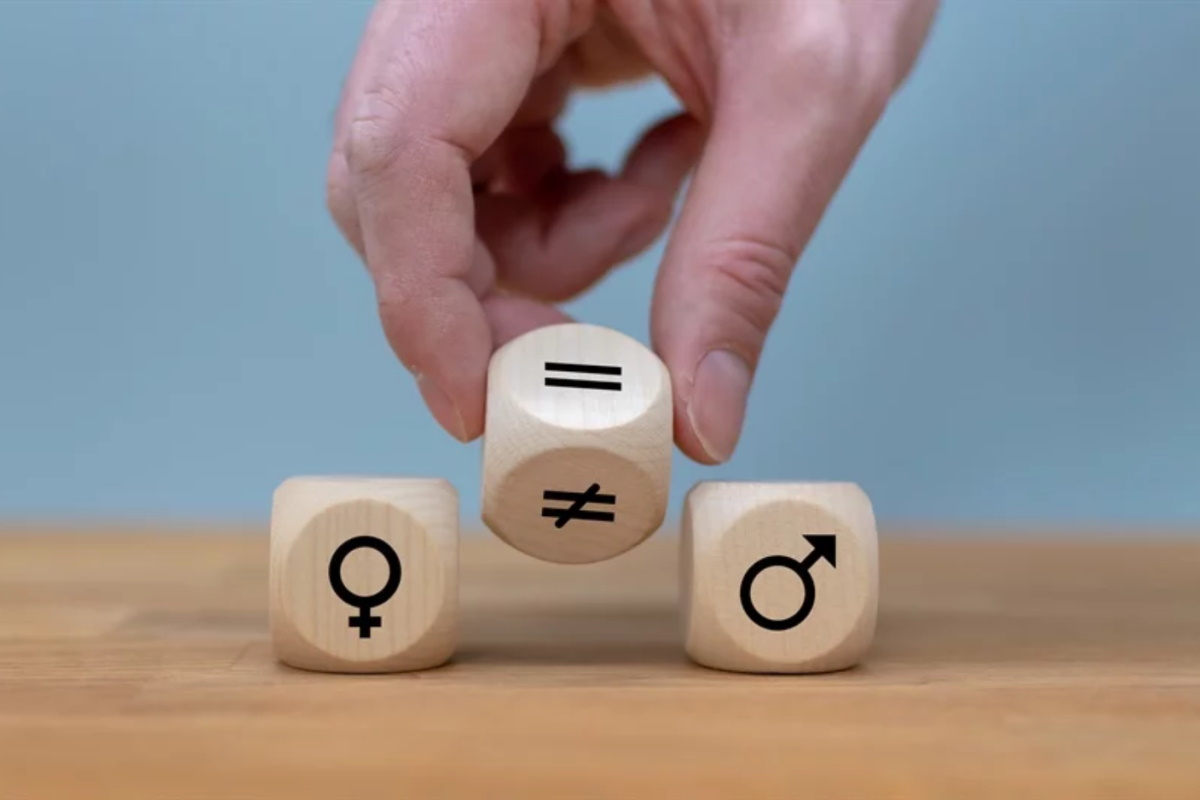On Sunday, we celebrate International Women’s Day under the theme “I am generation equality: Realising women’s Rights”, which is aligned with UN Women’s new multigenerational campaign, Generation Equality, which marks the 25th anniversary of the Beijing Declaration and Platform for Action.
As we celebrate this day, it is important to reflect on the progress made in realising women’s rights for the past two and a half decades since the Beijing Declaration and Platform for Action came into existence.
Have women’s lives significantly improved in the last 25 years and have women’s rights been a priority?
How do we move forward to ensure that women’s rights are fully realised?
I remember the first time I heard about the Beijing Declaration and Platform for Action was through a distant uncle of mine.
I was a teenager at the time.
He had come home to my grandmother to complain about how his wife was disrespectful towards him, had not prepared his meals on time and had developed a tendency of questioning where he was coming from whenever he arrived home late.
“We are now being ruled by Beijing, mama. Beijing has taken over our homes and as men we are in trouble,” he said, angrily.
My young feminist mind wondered what this Beijing was about because I only thought of it as a place. I was surprised that it now lived in people’s houses.
Secretly, I decided that I liked this Beijing (whatever it was) if it gave women and girls the agency they deserve.
At that point my young mind didn’t know much about gender equality, but I believed women and girls deserved better.
I also believed that this uncle of mine must have exaggerated the effects of this Beijing or he had gotten it completely wrong.
After all how was being asked to account for his whereabouts a bad thing?
Or how was my aunt expected to balance all the household tasks and still cook whenever my uncle felt like he wanted her to?
I was yet to hear more men complain about this Beijing which turned out to be the Beijing Declaration and Platform for Action, which they attributed to having made their spouses and partners “ungovernable”.
I then realised that most of the men who made such complaints had gotten it all so wrong.
This Declaration was not a bad thing at all. If anything, it was a progressive international instrument for the betterment of women’s and girls’ lives and for advancing gender equality.
The challenge as I discovered did not lie with this Declaration, but with a largely patriarchal society and mostly men who perceived women empowerment and gender equality as a threat to their power and manhood.
I decided then that I belonged to the generation of equality and empowerment.
This year’s International Women’s Day, and particularly the theme, reminded me of the decision my young self made then, but also of the importance of reflecting on what progress has been made in attaining women’s equality and realising the goals of the Beijing Declaration and Platform for Action and other progressive instruments such as United Nations Security Council Resolution (UNSCR) 1325, the first legal Security Council document that requires parties in a conflict to prevent women’s rights violations, to support women’s participation in peace negotiations and in post-conflict reconstruction, and to protect women and girls from wartime conflict.
While strides have been made in promoting and protecting women’s rights, such progress has been painfully slow.
Women across the globe continue to be at the periphery of economic activity and development.
They continue to live in nervous conditions as the wage gap continues to favour men over women, land tenure systems continue to disadvantage women despite the fact that they are the main food producers, not to mention how women’s lives and bodies continue to be subjected to the most violent forms of abuse.
Women and girls continue to fear for their lives in public and private spaces.
Global statistics published by WHO indicate that one in three (35%) of women worldwide have experienced either physical and/or sexual intimate partner violence or non-partner sexual violence in their lifetime, while 38% of murders of women are committed by a male intimate partner.
In conflict zones, they bear the brunt of the conflict as their bodies as treated as war sites, and when peace processes such as disarmaments and agreements are made, they are often excluded, much in contradiction with the provisions of UNSCR 1325, which calls for the inclusion of women in peace processes and decision making.
Decisions regarding their bodies continue to be made much to their exclusion.
Twenty-five years have gone since the Beijing Platform for Action came into existence, yet no single country can claim to have attained gender equality.
It is time that women’s rights became a priority and resources were availed to ensure the realisation of women’s and girls’ rights.
States need to take more bold measures in ensuring that laws and policies that advance women’s rights such as closing the wage gap, reforming land tenure systems and tackling gender-based violence are not only enacted, but are well-resourced.
And most importantly, as we review and reflect on progress made in attaining gender equality and promoting the rights of women and girls, it is important to take a stand to continue advocating for these rights, for our world can never be an equal one without gender equality.








